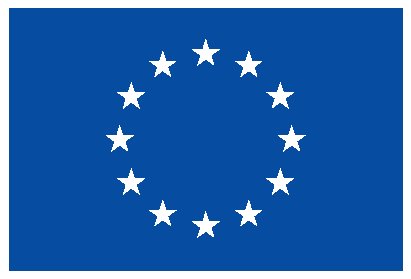Soft labelling based on triangular distributions for ordinal classification
Hits: 4308
- Áreas de investigación:
- Año:
- 2023
- Tipo de publicación:
- Artículo
- Palabras clave:
- unimodal regularisation, deep learning, triangular distribution, ordinal loss
- Autores:
- Journal:
- Information Fusion
- Volumen:
- 93
- Páginas:
- 258-267
- Mes:
- Mayo
- ISSN:
- 1566-2535
- Nota:
- JCR(2022): 18.6 Position: 2/111 (Q1) Category: COMPUTER SCIENCE, THEORY & METHODS
- Abstract:
- Recently, solving ordinal classification problems using machine learning and deep learning techniques has acquired important attention. There are many real-world problems in different areas of knowledge where a categorical variable needs to be predicted, and the existing categories follow an order associated with the nature of the problem: e.g. medical diagnosis with different states of a disease, or industrial quality assessment with different levels of quality. In these problems, it is quite common that the final label for each sample is determined by a group of experts with different opinions, and all opinions are usually summarised in a single crisp label by means of a given statistic (e.g. the median or the mode). Applying standard ordinal classifiers to these crisp labels could result in overfitting, as the labelling information is considered as totally certain. In this work, we propose a unimodal regularisation approach based on soft labelling, i.e. the ordinal information is used to introduce the inherent uncertainty of the label fusion. Specifically, said regularisation is based on using triangular distributions to simulate the aforementioned fusion of the expert opinions, where a parameter is used to decide the amount of probability that is assigned to the target category and the adjacent ones (according to the ordinal scale). The strategy could be applied to the loss function used by any ordinal classification learning algorithm, but we focus on deep learning in this paper. The proposal is compared to a baseline approach for nominal classification tasks and other state-of-the-art unimodal regularisation methods, and the experimental validation includes six benchmark datasets and five performance metrics. The results along with the statistical analysis show that the proposed methodology significantly outperforms the rest of the methods.
- Comentarios:
- JCR(2022): 18.6 Position: 2/111 (Q1) Category: COMPUTER SCIENCE, THEORY & METHODS







